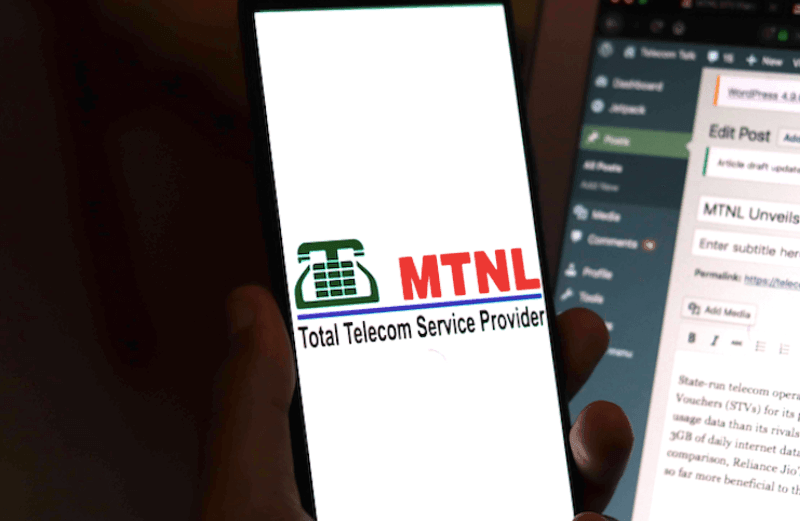The Voluntary Retirement Scheme (VRS) being proposed by the telecom department could save Rs 1,080 crore in annual wage expenses for Mahanagar Telephone Nigam Ltd (MTNL), and the telco expects about 9,500 employees to opt for the scheme as and when it comes up, according to its chairman. The Department of Telecom (DoT) has prepared a rescue plan for the distressed PSUs, MTNL and Bharat Sanchar Nigam Ltd (BSNL), in the form of a revival package that entails components like VRS, asset monetisation, and allocation of 4G spectrum. According to sources, the revival plan may be taken up by the cabinet soon.

MTNL Chairman and Managing Director PK Purwar told PTI recently that the telecom corporation expects annual salary expenses to reduce by Rs 1,080 crore, from the current about Rs 2,500 crore - bringing it to far more manageable levels of 40-50% of revenue.
"We are expecting that nearly 50% of the targeted employees may (opt for it)... 19,000 employees will be offered and we expect that number of people who will opt for it will be roughly 9,500. We will be saving about Rs 1,080 crore annually in salaries if VRS package is taken by 9,500 people," Purwar said.
He asserted that there is no proposal for lay-offs, and opting for VRS, too, would be purely at the discretion of employees who are eligible for it.
"There is absolutely no proposal in management or government to lay-off any employee in MTNL. VRS is a voluntary offer so it is up to the employees.... We expect that people who are retiring in the next four years may find it quite attractive. So from that point of view, the number which the MTNL management is looking at (around 9,500) is achievable," Purwar said.
Ailing state-run telecom firms MTNL and BSNL have asked for a voluntary retirement scheme for employees on the 'Gujarat model'. Under the model, an amount equivalent to 35 days of salary for each completed year of service, and 25 days of salary for each year of service left till retirement is offered.
The VRS scheme for BSNL and MTNL will have revenue impact worth Rs 6,365 crore and Rs 2,120 crore on each company, respectively.
The revenue-to-wage ratio in case of MTNL has swelled to 90% while in the case of BSNL it is hovering around 60-70%. The DoT has recommended that VRS of both PSUs should be funded through a 10-year bond issue and the bonds should be paid back by lease revenue that they will get from land asset monetisation as well as corporations' earnings.
Implementation of VRS is expected to lower expenses of the firms and provide them the much-needed liquidity.















